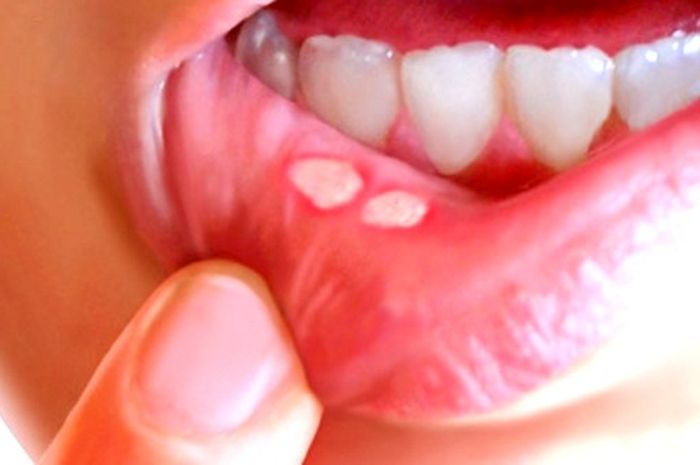Oral mucosa can be very reactive to psychological effects. Psychological disorders are characterized by physiological changes that originate, at least in part, from emotional factors. Recurrent ulcer or recurrent aphthous stomatitis (RAS) is the most common type of ulcerative disease of the oral mucosa, affecting 20% of the general population.
The etiology of RAS is multifactorial, such as trauma, stress, hormonal, immunological, drugs, and other conditions. From several studies, psychological stress was assessed through a questionnaire and the results showed RAS patients had a higher stress level, than the control group.
RAS occurs in people who experience stress because when stress occurs, the immune system is reduced, reducing mucosal resistance and causing tissue damage. This study revealed a possible correlation, as mentioned in the previous literature, between RAS and stress.
Stress can trigger allergies and RAS, as there are elevated levels of cortisol or reactive oxygen species (ROS) that starts oral lesions. RAS is also related to changes in the immune system, modifications that affect many components of the immune system and explain the role of stress triggering adaptive type allergies even without a history of previous allergies.
Bipolar affective disorder (BAD) is a mental illness, with mood swings characterized by extreme episodes of excitement and depression, including periods of latency. This affects between 1% and 2% of the total population, with the same prevalence between men and women. Bipolar affective disorder is considered a form of psychiatric illness that can be treated after being properly diagnosed through a combination of pharmacotherapy, psychotherapy, and counseling.
Psychosomatic disease is a physical illness aggravated by psychological factors, in this case, RAS which is triggered by bipolar affective disorders accompanied by food allergies. It is important to recognize the relationship between psychological factors and oral conditions while treating oral psychosomatic disorders.
An interdisciplinary approach involving dentists and psychiatrists with long-term follow-up is needed. According to the reference, the recovery prognosis for BAD is considered favorable. During dental care, mood swings and recurring depressive episodes, which are characteristic of the disorder, are commonly seen and contribute to heightened anxiety and recurrence of RAS.
The dentist is responsible for identifying the factors that cause anxiety and fear and implementing different strategies in the form of behavioral management to minimize them.
It can be concluded that the care of BAD patients requires extra care psychosocial interventions. Long-term care is needed to build a greater relationship between the dentist and the patient. Strategies must be developed to continuously motivate patients because the elimination of trigger factors is the main therapy for RAS to prevent recurrence and frequency. (*)
Author: Nurina Febriyanti Ayuningtyas
Detailed information from this scientific paper available at:
https://actamedicaphilippina.upm.edu.ph/index.php/acta/article/view/691





